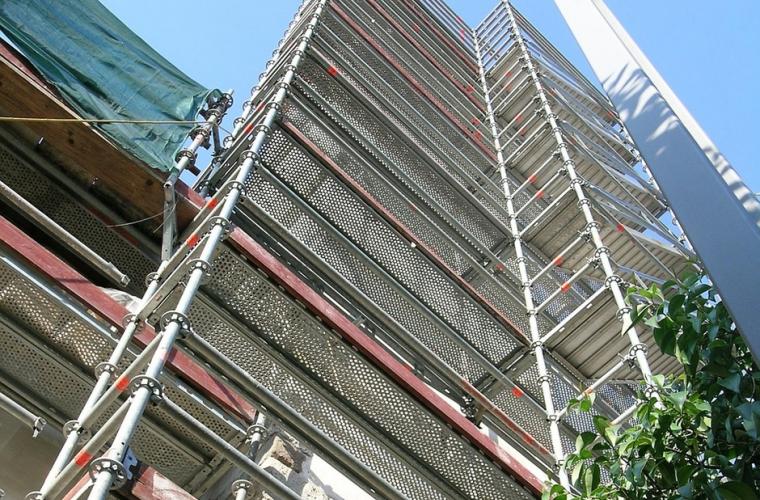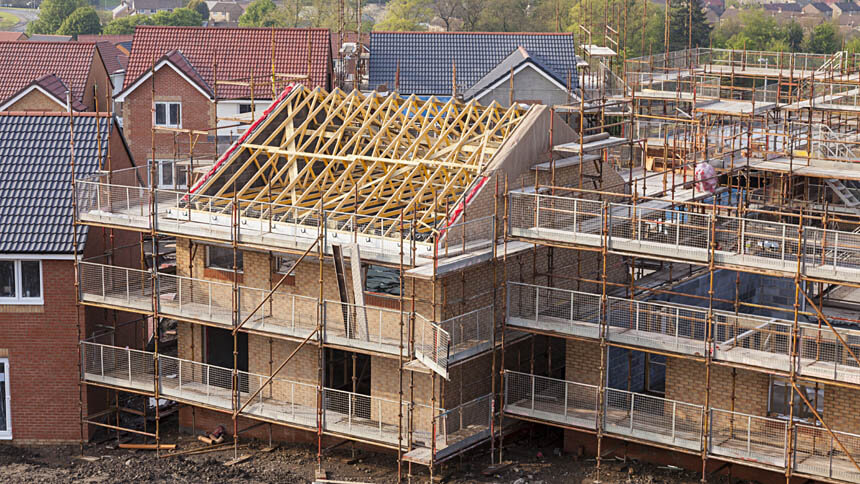The Housing, Communities and Local Government Committee Select Committee has published its report ‘Building regulations and fire safety: consultation response and connected issues.
The report concludes that “the Government cannot morally justify funding the replacement of one form of dangerous cladding, but not others” and “should immediately extend its fund to cover the removal and replacement of any form of combustible cladding – as defined by the Government’s combustible cladding ban – from any high-rise or high-risk building”.
It says the pace of change set by the Government in reforming the building and fire safety regulatory regime has been far too slow. It has been over two years since the fire at Grenfell Tower, and more than a year since the publication of the Final Report of the Independent Review of Building Regulations and Fire Safety, and yet the Government has only just published a consultation into its proposals for reform of the building safety regulatory system.
The committee also warned the Government must pick up the pace of reform, before it is too late and we have another tragedy on the scale of Grenfell Tower.

Jane Duncan, Chair of the RIBA Expert Advisory Group on Fire Safety, said: “As the Housing Select Committee has highlighted, there has been an unacceptable delay in reforming building and fire safety regulations since the Grenfell Tower tragedy two years ago. Whilst the restrictions on combustible cladding and insulation materials on high-rise residential buildings represented some progress, MPs are right that much more concerted action is urgently needed.
“RIBA has consistently called for more prescriptive fire safety measures including sprinkler systems, and the cladding ban extended to more high-rise and higher-risk buildings such as schools, hospitals and care homes.
“The next Prime Minister must ensure that people can sleep safely in their homes.”
The committee reiterated the view we expressed last year, that Dame Judith Hackitt was right to call for greater accountability, robust oversight and strengthened sanctions in the new regulatory regime, but that this must be underpinned by strong, prescriptive standards, which are essential if residents are to be kept safe.
It said the scope of the new regulatory system should not be determined by height alone. Instead, the new regime should apply to all buildings where there are vulnerable people, while other determinants of risk should also be taken into consideration. While a more complex risk matrix might lack the clarity of a simple height threshold, restricting vital safety measures to buildings above 18 metres in height is inadequate.
The Local Government Association’s Building Safety spokesperson, Lord Porter said: “The delay to the programme of testing cladding materials leaves residents facing another summer of uncertainty over the safety of their homes.
“Although it is two years since we raised the need to look at High Pressure Laminate (HPL) with government, five years since an HPL system combined with combustible insulation failed a fire test and 10 years since HPL panels helped spread the fire at Lakanal House where six people died, advice has only just been issued on the level of risk posed by HPL cladding.
“Given the Expert Panel’s advice that European Class C and D panels are unlikely to adequately resist the spread of fire and that any HPL panel when combined with combustible insulation is also unlikely to adequately resist the spread of fire, government needs to give immediate consideration to funding the removal of HPL cladding systems from high-rise residential buildings. It cannot be right when the building owners of blocks with ACM cladding are receiving financial assistance that we do not extend the same help to those with HPL cladding.
“In addition the Government needs to publish the results of all the other tests it has conducted so far to reassure residents and help building owners.
“We will be encouraging our members to push private owners to claim the money the Government is making available to deal with ACM. We have previously raised the need to fund the replacement of all forms of dangerous cladding with the Government and we are pleased to see the Housing, Communities and Local Government Select Committee recommend that the Government should do so.
“For some councils the sheer volume of high rise buildings makes the job of collecting data on cladding systems a mammoth task which will require additional staff – especially in cases where private owners are hard to trace or refuse to cooperate. The Government needs to provide the funding it is planning for this work as soon as possible.”




















